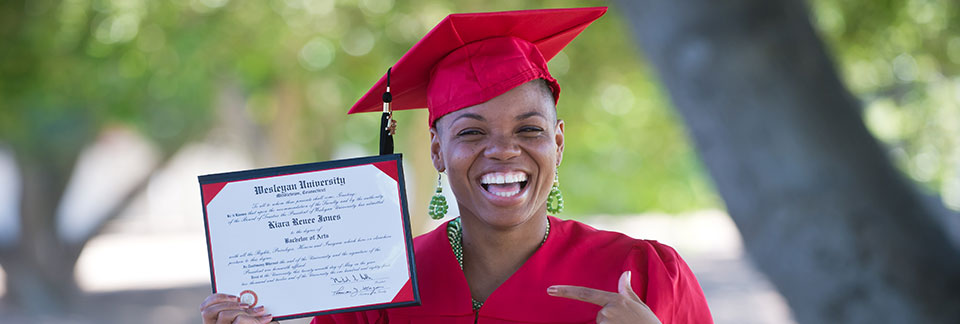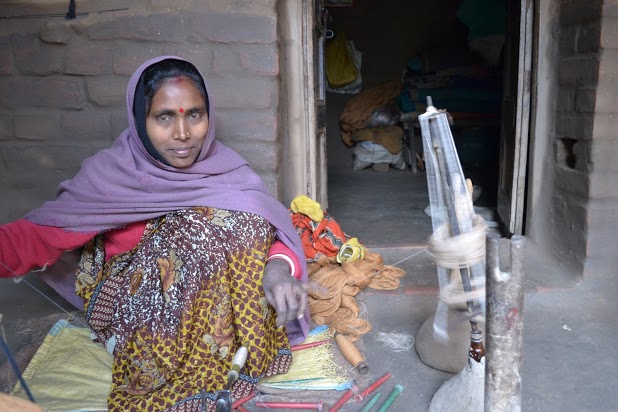Empowering Women: The Story No One Knows
Categorized as: Stories on October 11, 2013.

Whole communities change when women gain access to education and employment, and the resulting choices over family size, healthcare, and financial management. Behind the politics and statistics, there’s a story not yet told, of who and what it takes to get there.

Note: The particular links to the universal: As I spoke with the activists featured in this story, the United Nations celebrated their annual International Day of the Girl Child on October 11, 2013.
By Suzanne Skees
San Jose, CA: Dusk settles early on an autumn evening this month. It descends slowly in layers of orange and purple over tree-lined office parks in Silicon Valley, where tech stars never sleep and the rest of us dream of getting by. Inside Cisco Systems Building #10, a small group gathers to talk about their efforts, both here and abroad, to end poverty by connecting women with education, healthcare, and jobs; small-business ownership, activist journalism, and political office.
“California has the highest poverty rate in the country,” proclaims a woman in her twenties. “It takes three full-time minimum-wage jobs for a single parent of two children just to get by in this state.”
“1.4 billion people on this planet live in ultra poverty,” adds a man in his thirties. The group brings nonprofits and funders in a conversation hosted by Catalytic Women, a network of small- to high-net-worth changemakers working to “disrupt” philanthropy via crowdfunding, collaborating, and grassroots partnerships. “Studies have shown,” says Catalytic Women’s founder Melanie Hamburger, “that when you give women a chance they reinvest in education, family, and the community.”
You may have heard the statistics. You may have heard Hillary Clinton’s bold claim that empowering women is key to any country’s economic and military stability:
“There is a stimulative and ripple effect that kicks in when women have greater access to jobs and the economic lives of our countries: Greater political stability. Fewer military conflicts. More food. More educational opportunity for children,” Clinton said. “By harnessing the economic potential of all women, we boost opportunity for all people.”
Maybe you’ve hear of exciting projects led by Sheryl WuDunn and Nicholas Kristof (Half the Sky), Nike (The Girl Effect), Oprah and Angelina and Melinda: organizations and women of world-renowned power are reaching a hand back to pull humankind forward through gender equality and opportunity.
What no one knows, though, is the story I got to hear from the back of the room in the Cisco cafeteria. As the sky grew thick and dark outside floor-to-ceiling windows and inside, fluorescent lights blared on five ordinary people who shared their extraordinary stories.
- Cassie Chandler helps manage Freedom from Hunger’s integrated health and microfinance program that is serving 2.3 million microfinance clients in 10 countries. She has seen communities change when women gain access to adult education, financial management, and family healthcare. She typically works alongside local partners, providing technical assistance and facilitating trainings, particularly in Latin America and West Africa—Cassie’s niche—but tonight, she talks about how Nandini, a microfinance client in rural India, transformed herself from a struggling small farmer who bought seeds through a loan shark, to a trained pharmacy vendor and village health educator whom her neighbors trust enough to call “Dr. Mom.”
- Kimberly Ellis works within a 14-state network to get more Democratic women elected into office via Emerge California. Having graduated from the program she now leads, Kimberly has also served as commissioner for community development in Richmond, CA. She believes many civic problems could be solved through balanced political gender representation (currently 25%), and that all families could benefit significantly through equal-pay salaries (currently ranging from 77 cents on the dollar to 64 cents for Black and 55 cents for Latina women). Simply put, she just wants parity. “If you don’t have a seat at the table,” Kimberly quips, “you’re probably on the menu.”
- Steve Schwartz cofounded a nonprofit that creates jobs for ultra-poor women in India. “Handouts don’t work,” he says, “because what the very poorest really want is long-term, sustainable, dignified employment. He says in just over two years, Upaya Social Ventures has helped three businesses (dairy farming, weaving, and domestic labor) create 506 jobs; and they’ve made a very public pledge at the Clinton Global Initiative to double their numbers in the next year. He shows a picture of an employee, Poonam, spinning thread from tussar silk. Poonam’s family doubled their income and jumped from one to three meals a day when she got her new—permanent—job. “Poonam learned the fine art of silk weaving from her mother, who learned it from her grandmother,” Steve tells us. “Now she’s got a reliable income stream at a fair wage and can earn a real living off of her craft.”
- Brynne Speizer’s mission with Opportunity Fund is to connect California’s working poor with access to savings, loans, and business and financial training. Rattling off statistics on poverty and unemployment, she halts mid-sentence. “Doesn’t it make you mad?! It makes me mad, that in this beautiful place where we live, life is so hard for millions of families.” She talks about two clients who inspired her: Kiara, an East Palo Alto student who opened a savings account and socked away $6,000 to help realize her dream of attending Wesleyan College; and Tina, a restaurant owner famous for her barbecue who almost lost everything in the Great Recession. She took out a loan (average small business = $7,000) and is now cooking up a storm. “All these women need is access,” Brynne stresses.
- Cristi Hegranes landed her dream job as an international journalist in Nepal, but it only took her two weeks to realize she was all wrong for the job. “Local women had everything I didn’t,” she said, “except access to a major publishing outlet.” She created the Global Press Institute to train and employ women to write quality investigative, professional features. Currently, Cristi manages 26 news bureaus and employs 135 women, and she’s building revenue by distributing their stories through such outlets as National Public Radio and Reuters. Cristi talks about Rwandan reporters Ritha Bumwe, whose article on sexual predators has influenced new legislation there. Here with Cristi is her first Sri Lankan employee (soon after their 2006 launch) and the embodiment of her ambition—Manori of Sri Lanka, who just got promoted from reporter to regional editor for Asia. “We’ve asked, and 98% of the women who’ve been through our training program report feeling empowered as a result.” And the percentage employed by GPI?—100.
My family and I feel incredibly lucky to be the wind beneath the wings of 29 organizations working to create equal opportunity for all, in the U.S. and around the world. Join us by getting to know our world-changing partners at Skees Family Foundation. Whatever your gender, log onto Catalytic Women, join a local event or giving circle, and share your story. Let’s talk about what ordinary folks can do. And let’s take up more space and volume than the corner of a corporate cafeteria: Between us, we could have stories to fill a coliseum.

Photographs courtesy of Global Press Institute (cover), Opportunity Fund (Kiara with diploma), and Upaya Social Ventures (Poonam spooling thread).
LEARN more about our partners’ work to empower work here
SHARE this story with your networks; see menu at top of page.
DONATE directly to your choice of organizations working to equalize opportunity. Every person, every effort, counts.
SUBSCRIBE! Like what you see? Click here to subscribe to Seeds of Hope!
